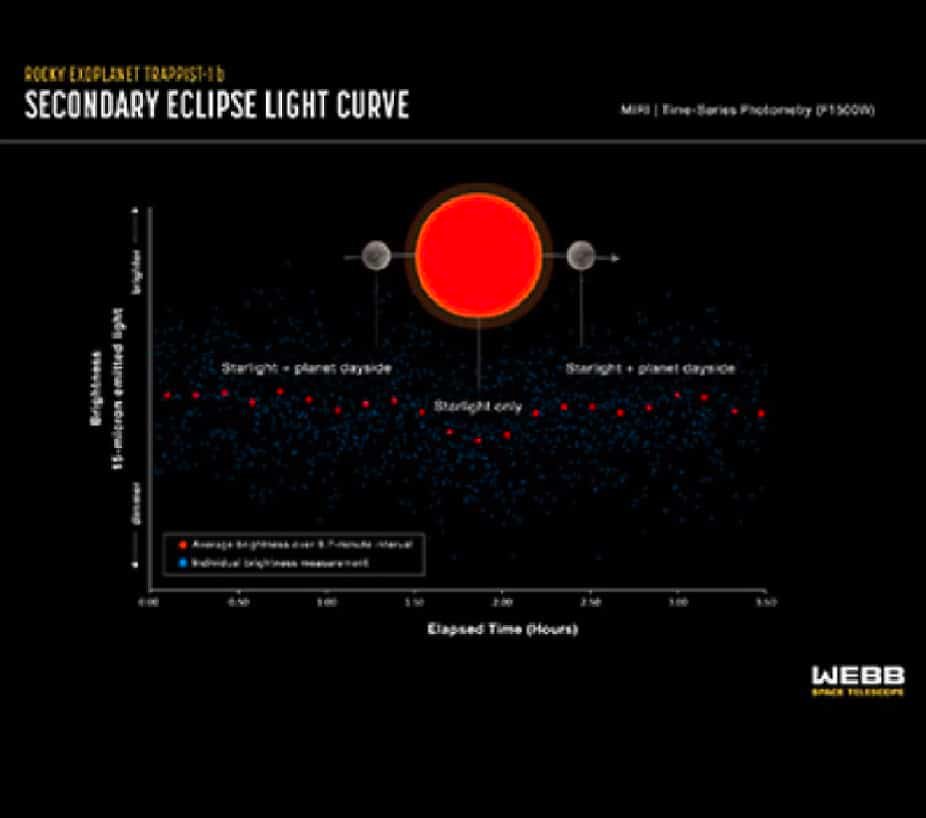Brand-new carbon credit standards do not advise an obligatory levy to money adjustment in spite of calls from susceptible nations and specialists
The carbon credit market has actually effectively combated a push by a few of one of the most environment susceptible countries to put a necessary levy on carbon offsets to money environment modification adjustment steps.
The alliance of little island establishing states (Aosis) desired brand-new standards on carbon credits to suggest that a necessary 5% levy on carbon credit profits. The cash would go to the Adaptation Fund to fund tasks like seawalls to secure versus increasing water level.
This concept was supported by the specialist panel of the Integrity Council on the Voluntary Carbon Market (ICVCM), the organisation preparing the standards for the market.
With sellers like the NGO Conservation International and purchasers like the Spanish bank BBVA opposed, the ICVCM’s board chose to make the 5% levy optional.
Adao Soares Barbosa, an environment mediator for the south-east Asian island country of Timor-Leste, informed Climate Home that “obligatory steps would be excellent”, since if it is optional then “it may not be satisfied”.
Both he and Guinea’s environment mediator Alpha Kaloga stated they were delighted that a 5% levy was there, even if it is optional. “I think that this concept will end up being the guideline in the future,” stated Kaloga.
Exposed: How Shell capitalized suspicious carbon offsets from Chinese rice paddies
In 2022, the UN approximated that funds for environment modification adjustment in establishing nations were 5 to 10 times lower than required. By 2030, the financing required for adjustment would reach in between $160 and $340 billion.
In 2020, abundant nations offered simply $29 billion and just objective to offer $40 billion by 2025.
At the last UN environment settlements in Egypt, nations accepted “urgently and considerably” scale up financing from industrialized nations for adjustment steps in establishing countries.
Specialists overthrew
Pedro Martins Barata leads the Environmental Defence Fund’s deal with carbon credits and co-chairs the ICVCM’s professional panel. He stated the majority of the panel had actually supported making it obligatory however the board chose not to follow their recommendations.
“It was a political choice by the board”, stated another professional panel member Lambert Schneider from the Institute for Applied Ecology. Barata stated not all of the board’s members supported their choice.

The governing board of the ICVCM
Barata stated that, although the funds raised would be restricted, an obligatory levy would be essential symbolically. He included it would likewise assist carbon markets end up being popular in neighborhoods like Pacific islands or the world’s poorest nations, where emissions are low that there aren’t going to be lots of carbon-cutting credit tasks.
The counter-argument, he stated, is that a necessary levy includes additional expenses to carbon offsets and will for that reason indicate less carbon-cutting jobs and more emissions.
Amongst those making this argument in the assessment over the brand-new standards was the American non-profit Conservation International, whose board consists of stars like star Harrison Ford and service figures like Walmart’s Rob Walton.
An unnamed worker of Conservation International argued that a levy would be an “excessive extra monetary problem”.
Cyclone Freddy triggers pleas for seriousness on loss and damage financing
‘Reverse carbon tax’
Emergent, an intermediary that establishes forest carbon credit tasks, stated that a levy would “make up a reverse carbon tax on jurisdictions/projects in those establishing nations that the fund is implied to benefit”.
A confidential team member of the Spanish bank BBVA argued that, since carbon credit jobs are typically based in establishing nations and purchased in industrialized ones, they are “currently a fundamental financing system from established economies to establishing nations”.
Carbon Market Watch’s Gilles Dufrasne, a member of the specialist panel, informed Climate Home he disagreed. “Adaptation financing is not simply advancement financing,” he stated, “it’s cash required to adjust to the disastrous effects of environment modification.
“Claiming that this supports the host nation is a bit like stating you’re supporting farmers when you purchase food. Sure, that’s real in such a way, however that’s not actually why you’re purchasing the food,” he included. “It’s rather disingenuous to attempt to pass this off as an act of compassion towards the seller.”
European court hears landmark claims that might form environment policy
The ICVCM will continue assessments on whether to make a 5% levy compulsory in its next set of standards, arranged to release in 2025.” It’s a space that will need to be plugged in future updates,” stated Dufrasne.
The funds created by a levy are most likely to be little in contrast to establishing nations’ requirements.
A representative for the Adaptation Fund informed Climate Home they have a pipeline of tasks not yet moneyed approaching $0.4 bn. They stated they “will wholehearteldy welcome the 5% share of earnings when they appear” as they mostly rely now on voluntary contributions from federal governments and business.
Anticipating just how much a share of earnings might raise is challenging. With the voluntary carbon market at its present size, it is most likely to be considerably less than $0.1 billion.
“Its cash, its not absolutely nothing however its not going to be by itself altering the needle in regards to the requirements to deal with adjustment” stated Barata.

